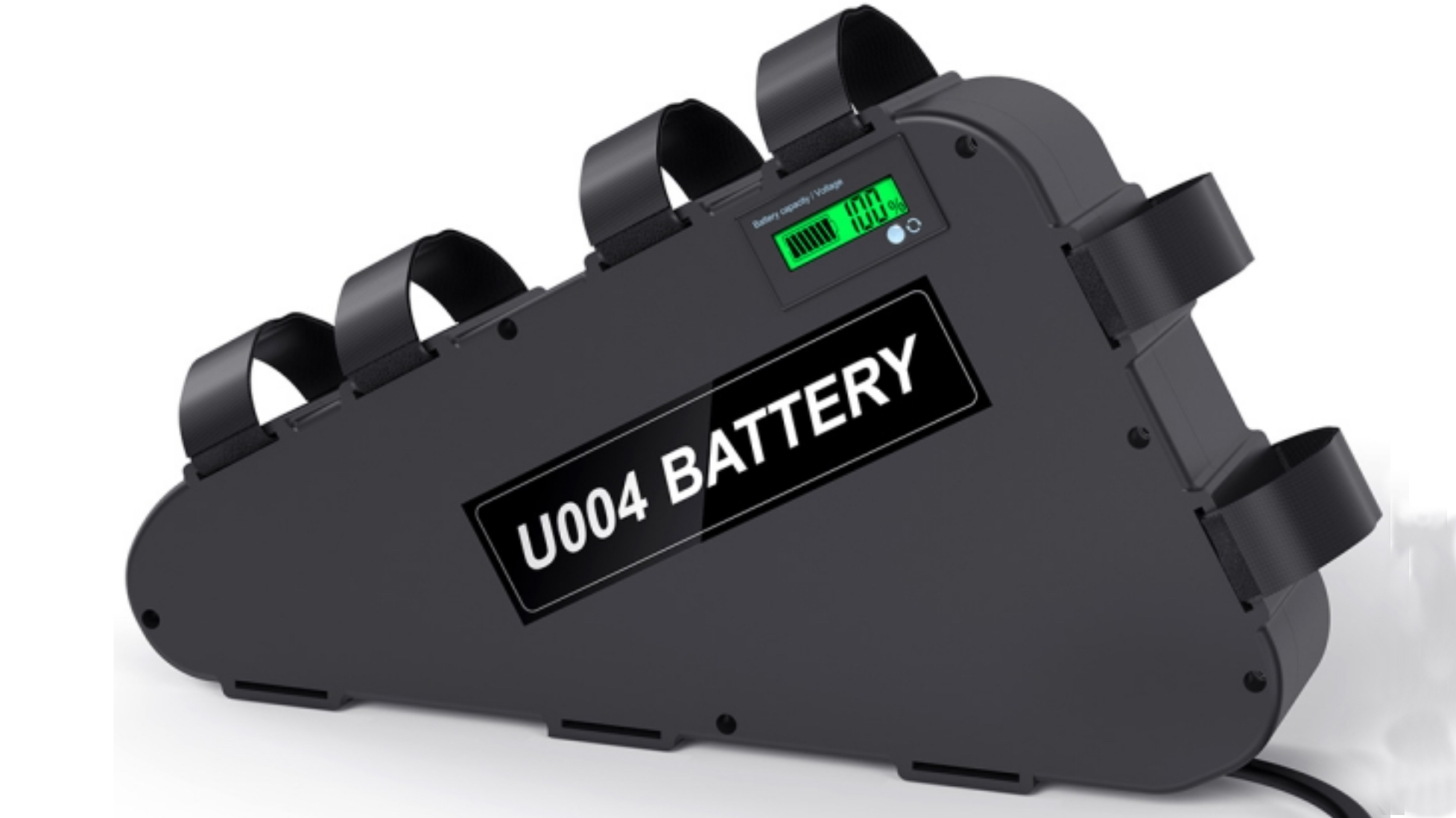
An e-bike battery that has been linked to a number of fires across England is to be banned from being sold in the UK.
The Office for Product Safety and Standards (OPSS) is taking enforcement action and warning consumers about the Chinese-manufactured UPP battery.
The OPSS has issued a withdrawal notice to the manufacturer’s four online marketplaces – Amazon, Ebay, Alibaba and Made in China – which requires them, in their roles as distributors of the UPP battery, to stop supplying it.
It has also issued withdrawal notices to 20 sellers directly and to UPP itself.
Graham Russell, chief executive of OPSS, said: “We consider these UPP batteries to be dangerous, and that is why we are taking this action to stop them being supplied. Consumers need to be aware of the risk of these batteries failing, and the potential fatal consequences that can occur. If anyone owns one, they should not use it and contact the seller for redress.”

OPSS publishes a product safety report on the batteries, which concludes: “The product presents a serious risk of fire as it is poorly built with poor welding to connect the components. The product also did not have a heat sensor to prevent overheating, with the battery management system not sufficient to prevent the battery from entering thermal runaway. The product does not meet the requirements of the General Product Safety Regulations 2005.”
The lithium-ion UPP battery specifically named in the report has model numbers U004 and U004-1 and is the triangular type designed to fit inside a bike’s main triangle, secured by velcro.
U004 weighs 7kg, is 365 x 235 x 397 x 80mm in size, is rated at 48V with a capacity of 20Ah and can power motors 0-1,400 watts, while the U004-01 has a larger capacity of 28.8Ah and weighs 9kg.
According to the product description, UPP batteries fit “most motor kits, for example: Bafang, Voilamart AW Tongsheng, but [does] not include these four: Bosch, SHIMANO, Yamaha, Panasonic.”
Last month OPSS issued a safety message for people considering buying an e-bike or e-scooter, which includes guidelines for charging large lithium-ion batteries safely.
However, the charity Electrical Safety First says the government's action against UPP's batteries doesn't go far enough.
"We cannot fight e-bike battery fires solely through taking corrective action once dangerous batteries have been identified," Luke Osborne, deputy technical director of Electrical Safety First, said.
"Whilst we welcome the action by the government we need to prevent dangerous e-bike and e-scooter batteries entering homes in the first place, which is why we're calling on the government to introduce third party approval for all e-bikes, e-scooters and their batteries."
This would mean approval of all e-bikes, scooters and batteries by an independent approved body before being sold to consumers, which is already the case with other high-risk products like fireworks. At present, manufacturers can self-declare their batteries are safe.
Electrical Safety First last year published its own report into e-bike and e-scooter fires called Battery Breakdown.
Last year it was reported that the London Fire Brigade receives a callout to an e-bike or e-scooter fire once every two days, a 60% increase on the previous year.







